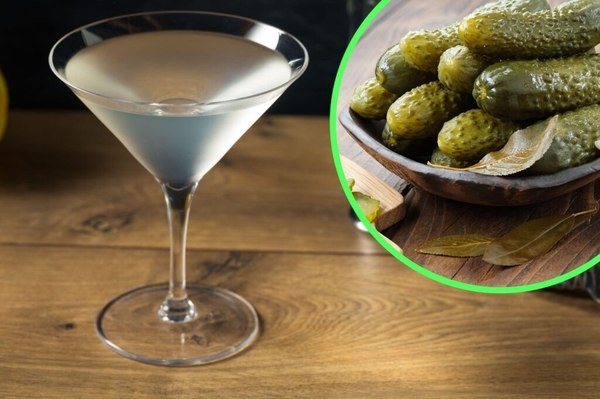Uncategorised
This chef is cooking with recipes that are 60,000 years old and the food is like nothing you’ve ever seen
21 Sep 2018
3m

Modern restaurant cooking has had a tendency to be very, well, modern. If you look inside the kitchens consistently ranked as the best of the best, they all seem to look more like science labs than sculleries. We’ve moved from grimey, toque-bearing bakers and braisers towards leaner, meaner chemistry professors. Ask anyone who was cooking in the seventies and eighties to serve you an “air” and they’ll probably fart at you.
It takes someone seriously brave to ignore the demand to be up to date. Though there are several chefs who have decided to open a history book for inspiration, most restrict themselves to the last few hundred years of culinary heritage. Going any further takes both serious time and effort. This is what makes one Australia-based chef’s decision to travel 60,000 years back in time all the more intriguing.
Born in Scotland to Italian parents, chef Jock Zonfrillo has spent years studying the ancient culture of the First Australians and has created a restaurant unlike any other on earth. At “Orana” – which translates as “welcome” in several aboriginal dialects – Zonfrillo serves guests a selection of dishes inspired by the knowledge, creativity and techniques of the continent’s original inhabitants. Eclectic ingredients such as salt water crocodile, kakadu plums and bunya nuts all feature prominently on his menu. As an opportunity to look back into human history, the eating experience is utterly unique.
The restaurant’s emphasis on incorporating ancient techniques has helped Zonfrillo to make some seriously exciting discoveries. Ingredients such as the anchovy-flavoured succulent “karkalla” open up new possibilities in a kitchen that would otherwise be constrained by access to more traditionally “western” ingredients.
Speaking to the BBC, Zonfrillo revealed that perhaps the most fascinating of all the innovations employed in the Orana kitchen has been the use of ash. He revealed that, “When we blanch some ingredients in ash water it removes all their bitterness and astringency, which has opened up a new list of ingredients that we had never considered as edible.” This just goes to show how looking into the past can reveal something new in the present.
Though the restaurant has won critical acclaim around the world, it is arguably not the food that has been Zonfrillo’s greatest achievement. This month, the chef was awarded the highly coveted “Basque Culinary World Prize” for his work with aboriginal communities. In addition to cooking, Zonfrillo has dedicated himself to the fight to preserve and promote aboriginal culture and rights. That food has proved so central to his efforts just goes to show the role that it can play in celebrating people the world over.
Orana might specialise in dishes that have been around for thousands of years, but the food wouldn’t look out of place in any of the most famous fine-dining institutions. The whole experiment highlights that you don’t need to be constantly chasing the cutting edge to cook something that appeals to a modern audience. Both inside and outside the kitchen, Zonfrillo and Orana are proving that even the distant past has plenty to teach us about how and what we eat.


